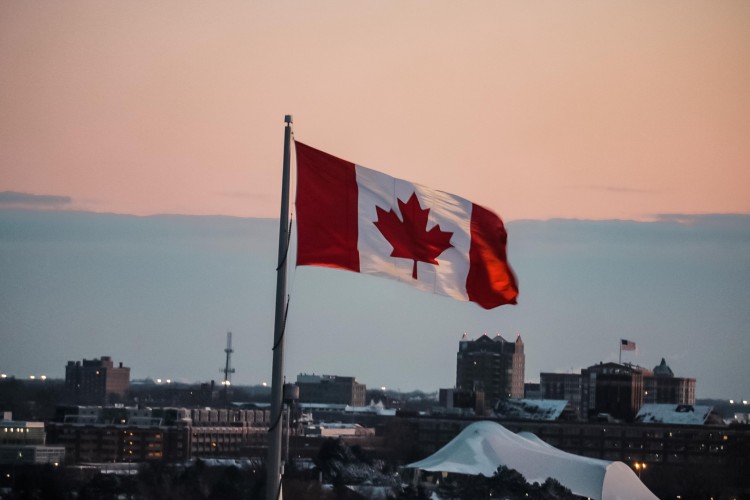
Facing a serious housing shortage and public pressure, Canada on Monday implemented a temporary two-year cap on new international student permits. This measure, effective in 2024 and 2025, seeks to address the recent surge in foreign nationals accessing study permits, often seen as a direct path to permanent residency. While the world’s second-largest country boasts nearly one million student permits issued in recent years, managing their impact on national resources remains a pressing challenge.
The new policy will reduce the issuance of study permits by 35% in 2024 compared with current levels. Marc Miller, Canada’s immigration minister, emphasised that this restriction is temporary and includes limitations on work permits for foreign graduates from certain institutions.
READ | Indian Pharma: US approvals drive 30% profit surge, but safety concerns linger
Canada, a prime destination for international students due to its relatively easy post-education work permits, is grappling with a housing crisis exacerbated by the influx of students. This has led to a 7.7% increase in rents nationwide in December alone. The government, under Prime Minister Justin Trudeau, faces criticism over affordability issues, impacting Trudeau’s popularity.
The rapid population growth, driven by immigration, is straining services such as healthcare and education. Additionally, concerns have been raised about the quality of education at some institutions. With this cap, the number of approved study permits for 2024 is expected to drop to 364,000, with a reassessment planned at the end of 2024.
Impact on Indian students
The visa cap will significantly affect Indian students, a major beneficiary of Canadian study permits. In 2022, over 41% of all permits were issued to Indians, and in 2023, around 300,000 Indian students headed to Canada. The policy aims to address the exploitative high tuition fees charged by some institutions and will not impact existing permit holders or renewal applications. The cap applies only to undergraduate courses, with masters, PhD, and school-level courses exempt.
Indian students aspiring to study in Canada will now face stiffer competition and intensified academic and English language proficiency requirements, potentially exacerbating educational stress and inequalities.
The cap may also affect students from Punjab, many of whom have historically brought their spouses to Canada on open work permits. Under the new regulations, such permits will be restricted to postgraduate or doctoral programme spouses. However, this presents an opportunity for Indian educational institutions to attract students who might have previously considered Canada, potentially mitigating brain drain.
While the cap aims to manage housing pressures and protect student welfare, it could also pose challenges for Canadian universities. Notably, institutions that heavily rely on international student tuition fees for financial sustainability might experience budget shortfalls. Additionally, the reduced applicant pool could lead to increased competition for admissions and faculty positions, potentially impacting the quality of academic programmes. To navigate these challenges, Canadian universities may need to adapt their recruitment strategies, diversify funding sources, and invest in alternative revenue streams.
Additional measures
Starting September, students in programmes offered through public-private partnerships will be ineligible for post-graduate work permits. Furthermore, from 2024, international students will need a Guaranteed Investment Certificate (GIC) of over C$20,000, double the current requirement, to cover living expenses.
The government has criticised some private institutions for exploiting international students, offering subpar education while increasing their intake. These practices burden the government with increased demands on housing, healthcare, and other services. The new measures aim to ensure quality education and prevent opportunistic admissions for financial gain.
The visa cap and accompanying measures are already sparking debates in Canada. Critics argue that it unfairly punishes legitimate students and may not effectively address underlying housing and infrastructure issues. Others fear it could damage Canada’s international reputation as a welcoming and diverse nation. The government’s success in managing this policy will depend on its ability to maintain a balance between addressing legitimate concerns and upholding Canada’s values of inclusivity and opportunity. Ongoing assessments and potential adjustments in the coming years will be crucial to ensuring the effectiveness and equity of this temporary measure.
International students contribute approximately C$22 billion ($16.4 billion) annually to Canada’s economy. The latest proposal could negatively impact educational institutions that expanded in anticipation of continuous student inflow. Ontario, which receives the largest share of international students, may face a temporary worker shortage. Canadian banks, which have greatly benefited from the influx of students, might also be affected.

